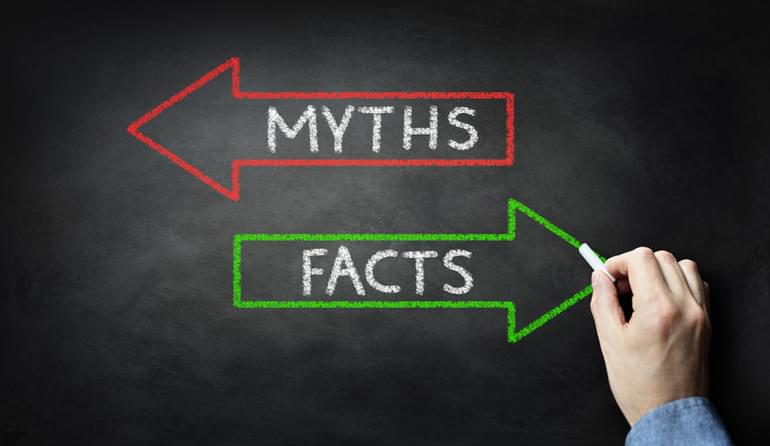What can and cannot be seized by an enforcement agent?
By David Asker on

The taking control of goods regulations 2013 outlines what can and cannot be taken control of as part of a controlled goods agreement. You can view the complete legislation here.
Once a debtor has signed the controlled goods agreement, any items listed cannot be sold, moved or given away.
The controlled goods agreement will include the following information
- Debtor name and address
- Date and reference number of the agreement
- Contact details for the enforcement agent
- A detailed inventory of items
- Name of people entering into the agreement
- Payment terms that have been agreed
What cannot be seized
- Tools of the trade below the value of £1,350
- Household items needed to satisfy basic domestic needs. This includes items such as cookers, fridges, beds, lamps, a telephone,
- Any item or equipment for care of a disabled person or a child under the age of 18
- A vehicle for the use of a disabled person or a vehicle displaying a blue badge
- Any goods which are premises and the home of the debtor such as a caravan
- Any goods proved to belong to a third party
- Pets or guide dogs
- Anything being paid for as part of a finance agreement (unless there is agreement from the finance company)
- Perishable items such as food and flowers
The HCEO can seize the following items
- Any tools of the trade over the value of £1,350
- Any item that is worth more than the value of the debt (the item will be sold at auction and the balance returned to the debtor)
- A car or vehicle owned by the debtor
- Cash
- Jewelry and art
- Boats and aircraft
- Wine and alcohol
- Livestock and farm animals
- Handbags (eg high-quality “designer” editions)
- Watches
- Jointly owned property (for example goods owned by a married couple)
This list is not exhaustive and other items of value may be listed in a controlled goods agreement.

David Asker
David is an authorised High Court Enforcement Officer and our Director of Corporate Governance
